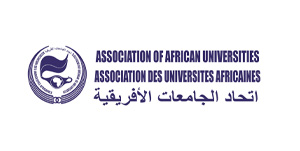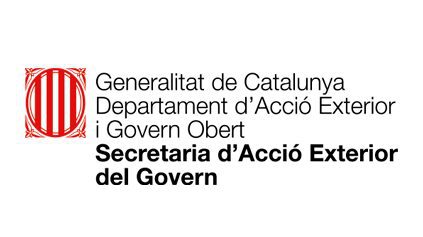Initiative on
Leveraging the African Continental Free Trade Area (AfCFTA) for Integration in Higher Education
First conference | Setting the stage and launching the initiative
Pan African University (PAU) and Institut des Relations Internationales (IRIC) du Cameroun
Yaoundé, Cameroun, 7th and 8th of April 2025




The first-ever Conference on Leveraging the African Continental Free Trade Area (AfCFTA) for Higher Education Integration concluded on April 8, 2025, in Yaoundé, Cameroon, bringing together policymakers, university leaders, researchers, postgraduate students and development partners from across Africa and Europe. Co-organized by Obreal, the Pan African University (PAU) and the Association of African Universities (AAU), hosted by IRIC (Institute of International Relations of Cameroon), and supported by the HAQAA initiative and the Government of Catalonia, the conference marked a pivotal step in strengthening the links between African economic and higher education integration.
About the conference
Over two dynamic days, participants explored how AfCFTA can serve as a catalyst for transforming African higher education. Focusing on the common overall objective of both policy areas. i.e. Development, the Conference was guided by three keynote messages provided by H.E. Selma Malika Haddadi, Deputy Chairperson of the African Union Commission, Amb. Xiangchen Zhang, Deputy Director General of the WTO responsible for Development and Training, and Dr. Kaviraj Sharma SUKON, Minister of Tertiary Education, Science and Research of the Republic of Mauritius. They emphasized the urgency of establishing bridges between African integration in its higher education and economic areas and of launching an ambitious program of training on this interface. The AfCFTA Secretariat participated in the closing ceremony together with the organizers.
In the second day, over 20 academic paper presentations addressed the critical intersections between higher education and trade. A strong call emerged for a “train the trainers” program able to raise awareness and eventually reach a wide spectrum of both academics and policymakers and civil servants. The need to promote platforms to facilitate multilingual, inclusive, and Africa-centered knowledge production was also emphasized.
Program, Rationale and Conclusions
In this section, you can access key documents such as the Conference Program, the Initiative Rationale, and the Conclusions Document:
Download the initative rationale
Download the conclusions document
INSTITUTIONAL presentations
Access written, recorded, and visual presentations from the event.
ACADEMIC papers
Strategic Synergies and Follow-up
This initiative aims to build synergies with other related programmes and initiatives. This section is divided into two parts: Synergies, which showcases representative examples of EU-funded projects, and Future activities, which outlines the planned follow-up actions within the framework of the initiative.
co-organised by




with the support of



